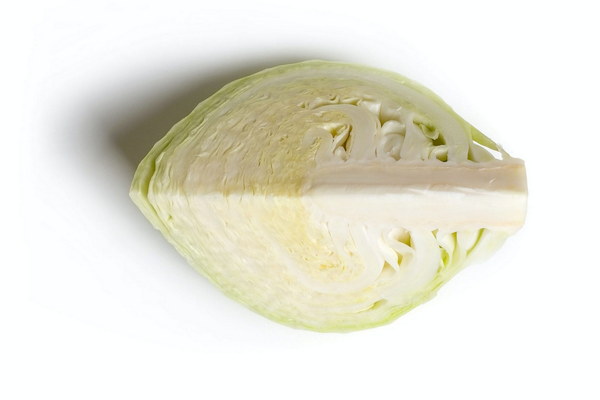Empowering Women A Comprehensive Guide to Kidney Care and Exercise
In today's fast-paced world, it is crucial for women to prioritize their health, and one of the most important organs to take care of is the kidneys. Kidneys play a vital role in filtering waste and toxins from the body, maintaining electrolyte balance, and producing red blood cells. Unfortunately, due to various lifestyle factors, women often face kidney-related issues. This article will provide a comprehensive guide on how women can take care of their kidneys through exercise and other healthy habits.
1. Understanding Kidney Function
To begin with, it is essential to understand the basic functions of the kidneys. The kidneys filter waste and extra water from the blood, which is then excreted as urine. They also help maintain blood pressure, produce hormones that regulate red blood cell production, and maintain calcium balance in the body.
2. The Importance of Kidney Care for Women
Women face unique challenges when it comes to kidney health. Some of the reasons why kidney care is important for women include:
- Menstrual blood loss: Women lose blood during menstruation, which can lead to iron deficiency and anemia, increasing the risk of kidney damage.
- Pregnancy: Pregnancy can put additional stress on the kidneys, as the body's blood volume increases.
- Hormonal fluctuations: Changes in hormone levels can affect kidney function and increase the risk of kidney diseases.
- Menopause: The decline in estrogen levels during menopause can lead to bone loss and increase the risk of kidney disease.
3. Exercise for Kidney Health
Regular exercise is one of the best ways to maintain kidney health. Here are some exercises that women can incorporate into their routine:
a. Aerobic exercises: Activities like brisk walking, running, swimming, and cycling improve blood flow and help maintain healthy kidney function. Aim for at least 150 minutes of moderate-intensity aerobic exercise or 75 minutes of vigorous-intensity exercise per week.
b. Strength training: Incorporating strength training exercises, such as weightlifting or resistance band workouts, can help maintain muscle mass and reduce the risk of kidney disease. Aim for two to three strength training sessions per week, focusing on major muscle groups.
c. Flexibility exercises: Yoga, Pilates, and stretching can improve flexibility, reduce stress, and promote overall well-being. These exercises can be practiced daily for better kidney health.
4. Diet and Hydration
A balanced diet and proper hydration are crucial for kidney health. Here are some tips:
a. Limit salt intake: Excessive salt can lead to high blood pressure and kidney damage. Aim for no more than 2,300 milligrams of sodium per day, and even less if you have kidney disease.
b. Choose healthy fats: Incorporate foods rich in omega-3 fatty acids, such as fish, nuts, and seeds, into your diet to reduce the risk of kidney disease.
c. Increase potassium intake: Foods like bananas, oranges, and leafy greens are high in potassium and can help maintain healthy kidney function.
d. Stay hydrated: Drink plenty of water throughout the day to support kidney function. Aim for at least eight 8-ounce glasses of water per day.

5. Regular Check-ups
Regular medical check-ups are essential for monitoring kidney health. Women should get their kidneys checked regularly, especially if they have a family history of kidney disease or other risk factors.
In conclusion, women can maintain kidney health by incorporating exercise, a balanced diet, and regular check-ups into their lifestyle. By taking these steps, women can empower themselves to live a healthier, more fulfilling life.

![Unwind and Rejuvenate Discover the Therapeutic Benefits of Yangcheng Sauna and Foot Massage at [Phone Number]](http://img.bluepurple.cn/a/养生/120/Unwind-and-Rejuvenate-Discover-the-Therapeutic-Benefits-of-Yangcheng-Sauna-and-Foot-Massage-at-Phone-Number.jpg)







